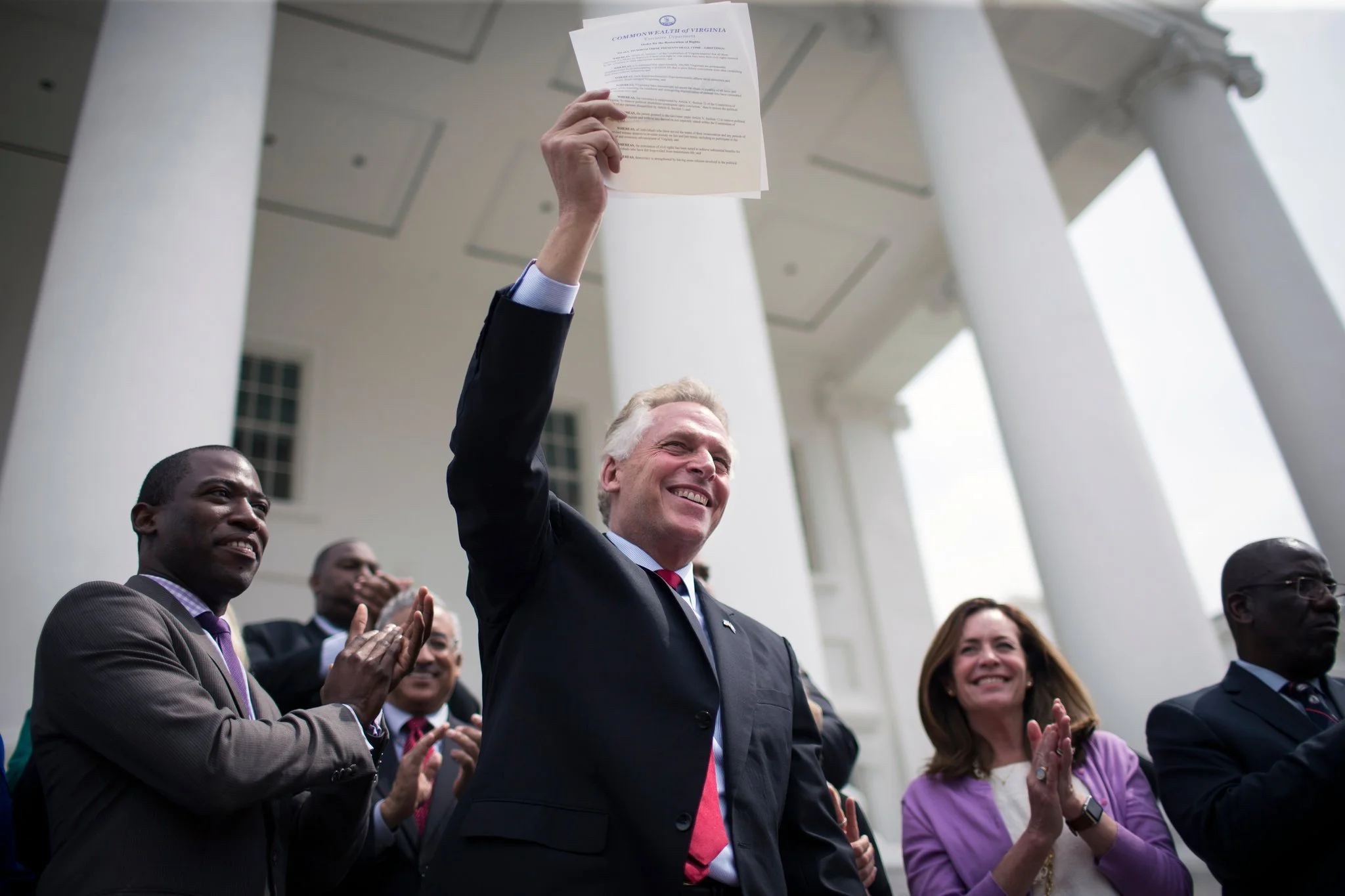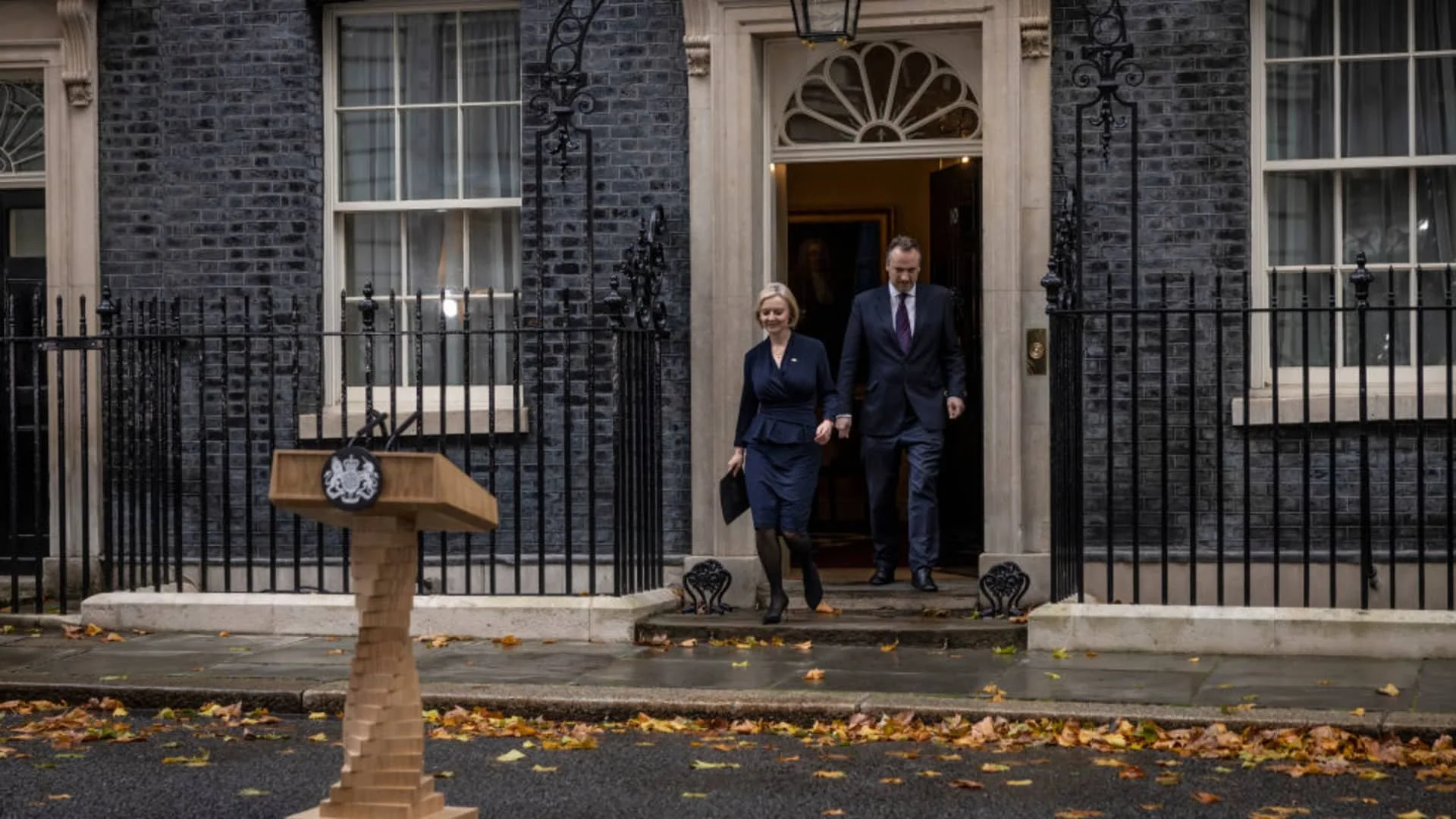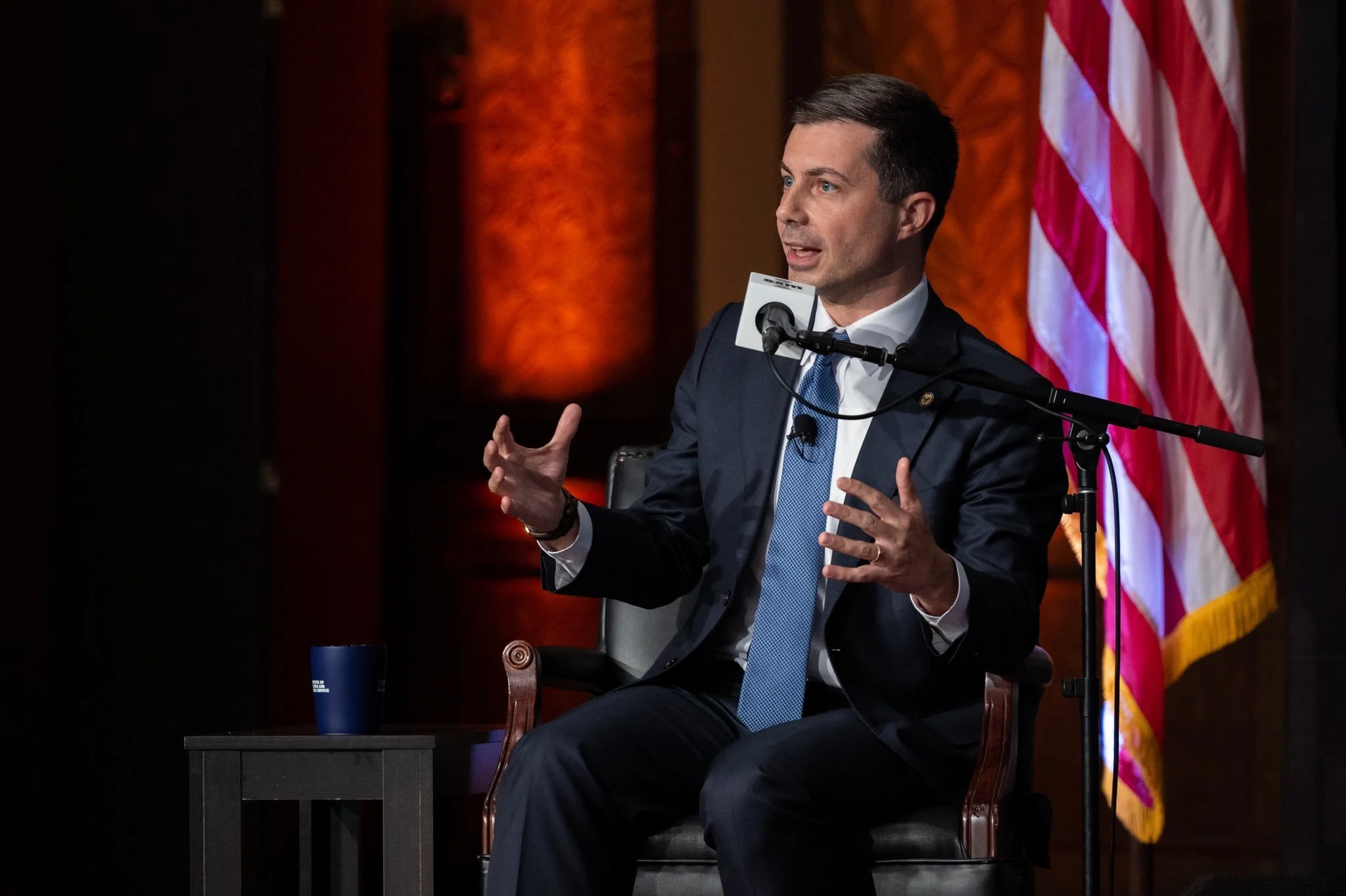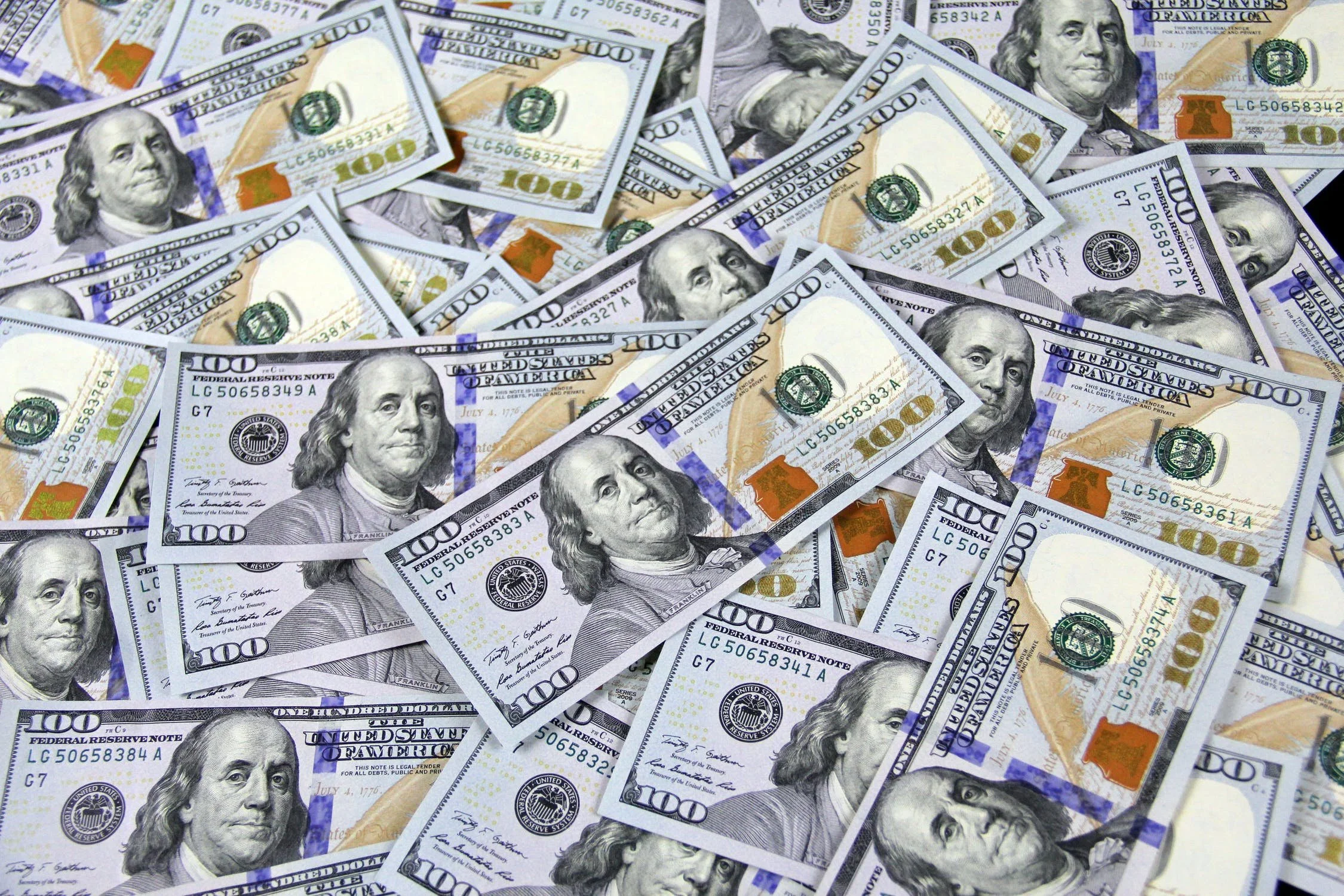Donald Trump, former President of the United States, is undergoing mass investigation due to a series of illegal actions that were brought to light. This case has been ongoing for quite some time now, but as of November 22, the Supreme Court gave the green light for the House to look into Trump’s tax returns.
—Sophie Dalfonsi
Read More



















